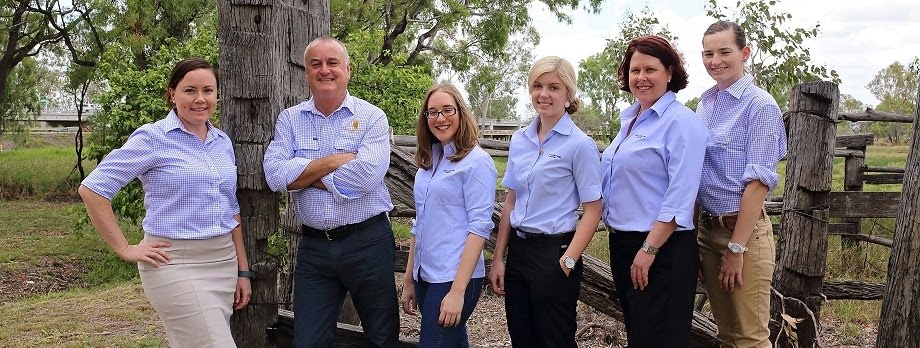Discussion
papers have recently been released by the Department of Natural Resources and
Mines as part of the Modernising Queensland’s Resources Acts Program. These papers address how to achieve a
standardised consent framework for restricted land across all resources types,
and propose changes in mining lease notifications and objections.
The
papers consider changing how a mining lease application under the Mineral
Resources Act is advertised and the removal of the requirement to post a copy
of the notice on the datum post. This
will require landowners to be more vigilant in monitoring advertisements which
relate to mining projects which may have an impact on their land.
Currently,
anyone can object to a Mining Lease Application. However, under the proposed changes, only directly
affected landowners and Local Governments will receive notification of the
Mining Lease and have the right to object to the grant of the Mining Lease in
the Land Court.
Substantial
changes are proposed in the concept of “restricted land”. Presently, the consent of a landowner is
required if restricted land is to be included in the surface of the mining
lease. The proposed changes, if
implemented, would eliminate “the hole” in a mining lease area which previously
arose where a landowner did not consent to restricted land being included in
the surface of the mining lease. Changes
are also proposed in how restricted land is identified and the distance within
which activities are able to be conducted by the resource company is extended
to 200 metres from a residence, Place of Worship, school or intensive animal
husbandry.
It is
important that landowners are aware of these discussion papers and the proposed
amendments which are being considered.
Whilst the intent of most of the changes is to reduce cost and “red
tape” and avoid duplication for resource companies, these proposed changes will
have important implications for landowners and particular relevance to how they
conduct negotiations for compensation with resource companies.
If
you have any questions in relation to this, please contact Andrew Palmer or
Justin Houlihan at Rees R & Sydney Jones on 4927 6333.

